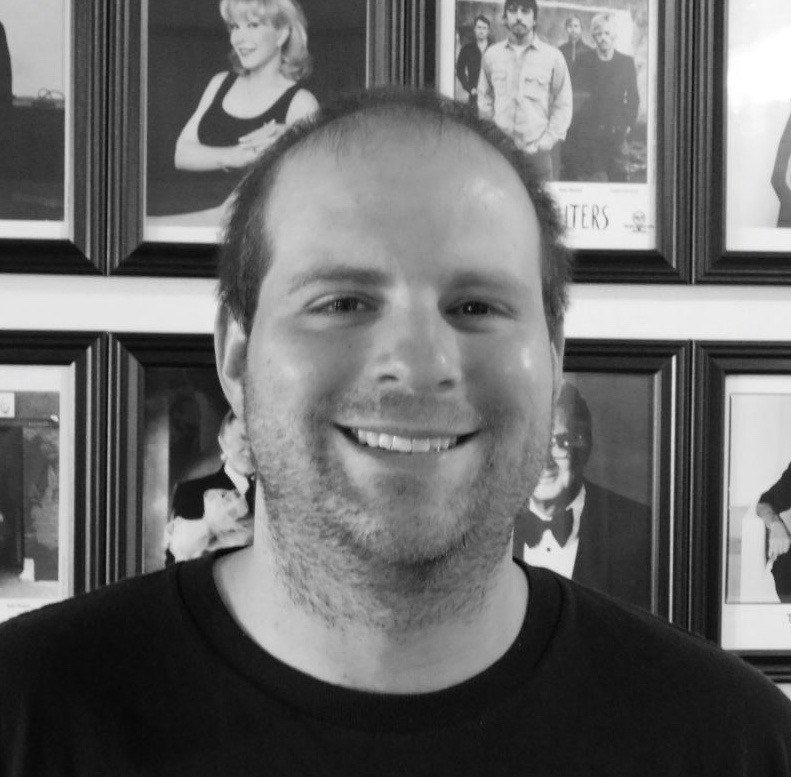 “>Part 1 of my Q&A with comedian Judy Gold, family has played a major role in her long-term success as a comic. Beyond her steady work as a headliner in stand-up clubs and theaters, Judy has hosted shows on HBO and Nickelodeon while also the star and writer behind a number of award-winning off-Broadway productions. She has been the recipient of two Emmys, one GLAAD Award and one CableACE Award, yet keeps plowing ahead with new projects, including her “>New York City's Carolines On Broadway, January 22 at Philadelphia's Prince Theater, the Caribbean Escape Cruise leaving out of Fort Lauderdale on January 30, and February 12-14 at “>www.judygold.com.
“>Part 1 of my Q&A with comedian Judy Gold, family has played a major role in her long-term success as a comic. Beyond her steady work as a headliner in stand-up clubs and theaters, Judy has hosted shows on HBO and Nickelodeon while also the star and writer behind a number of award-winning off-Broadway productions. She has been the recipient of two Emmys, one GLAAD Award and one CableACE Award, yet keeps plowing ahead with new projects, including her “>New York City's Carolines On Broadway, January 22 at Philadelphia's Prince Theater, the Caribbean Escape Cruise leaving out of Fort Lauderdale on January 30, and February 12-14 at “>www.judygold.com.
At what point in your life did you realize that it was beneficial for your career to have the relationship that you did with your mother?
Judy Gold: My very first jokes were about my mother. I never thought about our relationship in that way. My act was about what I know and my life and my mother was a huge part of that. She did often remind me that I would have no act without her and constantly asked me when she would receive her residuals.
Did being so honest in your stand-up and theatrical shows ever impact your family relationships?
J: Absolutely. My son Henry doesn't enjoy any mentions in my show, but the best was my Aunt Sylvia. She was my father's sister and not the nicest. When her husband, my Uncle Dave, died, she turned one of his belt buckles into a necklace. She showed it to me at my father's shiva. I wrote a joke about how after she showed me the necklace she said, “And these round ball earrings…” and I replied, “I don't want to know!” She heard the joke late at night on A&E and had a conniption. She called my mother screaming that one of the people in her development might see it and how insulting and embarrassing it was. She died a couple of years later. She had no kids. My brother, sister, myself and our four cousins were her next of kin. Our cousins split her $4,000,000 estate. We were written out of the will a few weeks after she saw me on TV. My brother and sister called it the “four million dollar joke” — and it wasn't even a great joke!
For someone looking to become a stand-up comic these days, what do you think is the most important part or quality for them to make any sort of living?
J: The key to being a successful comic is to get as much stage time as possible. There is something you get from being on stage that you cannot get any other way. Do the work. Get out there every single night — it doesn't matter where or how many people are in the audience. All that matter is that you do it. That you write, perform and develop your point of view. It's a marathon, not a sprint. It takes at least 10, 15 years to know what you're doing up there. And don't ever compare yourself or your success to another comedian.
Was there a mentor or someone who took you under your wing in the early days of your career?
J: There were a bunch of people who were really good to me. Susie Essman, Joy Behar, “>The Amazing Jonathan, Margaret Cho, and of course, Rosie O'Donnell. I must say that Joan Rivers had a huge influence on me and still does. She was the kindest, smartest, warmest, classiest and funniest person I knew. I miss her — especially now with characters like [Donald] Trump and Caitlyn [Jenner].
At what point in your career did you realize that you were successful?
J: That's a great question, and it's different for everyone. I certainly have not achieved all of my goals — not even close. But I do remind myself everyday that I have made a living and I continue to raise my sons doing what I always dreamed of doing. I have good years and bad years, but I am very grateful.

